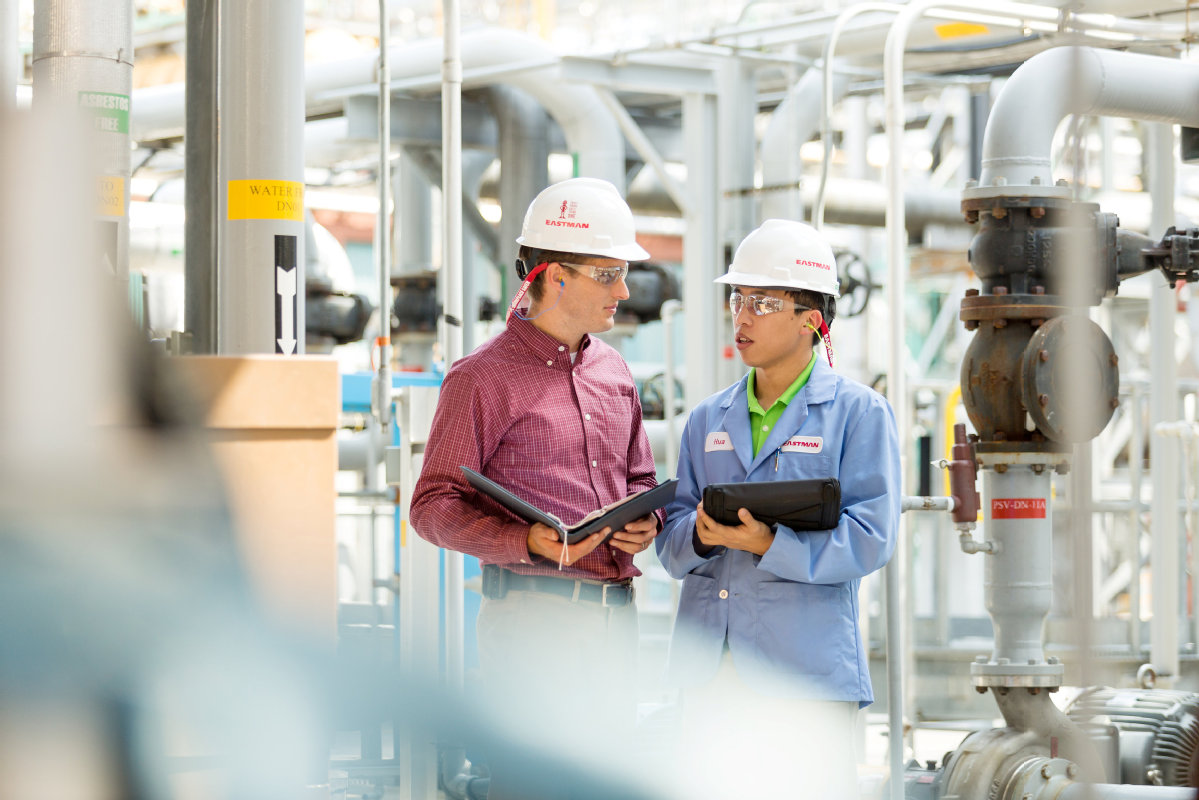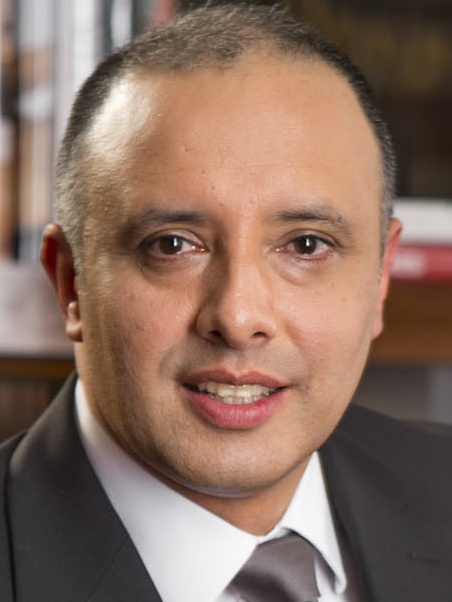Boosting eco-friendly economy


Gulferaz Ali drives Eastman Chemical Company's efforts to help China produce safe consumer goods
Gulferaz Ali, vice-president and managing director for Asia-Pacific at Eastman Chemical Company, is intent on transforming the chemist stereotype. In Ali's world, there is more to chemists than just professionals in white lab coats working in isolation on obscure subjects.
These days, the role of chemists, and chemical companies such as Eastman, is ubiquitous, he said. More so in China, a humongous market that drives the global economy and hence is critical to all industries and multinational companies.
The Kingsport, Tennessee-headquartered Eastman manufactures additives, polymers and plastics, chemical intermediates and fibers that can be applied across a broad variety of industries, ranging from construction and consumables to electronics and agriculture. Automation represented the biggest chunk of Eastman's $9.5 billion business in 2017.
Ali joined Eastman in 2013. Prior to that, he served at DFS Group, part of luxury goods giant LVMH. There, he was involved in a hiring and talent retention role.
It equipped him with people skills, so a task like explaining what Eastman does to a layman is a piece of cake. "Let's say you are in a cab. Eastman produces what keeps the car paint eco-friendly, what constitutes a tire, and what molds a windscreen."
It's that kind of diversified portfolio which helped Eastman secure a long-time aggregated margin of 90 percent from 2010 to 2017 even against macroeconomic headwinds.
This is especially remarkable, given that Moody's Investors Service had expected the chemical industry's operating profit to slip by 1 or 2 percent in the past two years.
While chemical companies are traditionally viewed in a harsh and negative light, Ali believes it can be part of the solution to many challenges.
"For instance, with the growing need for stronger protection against hospital-acquired infections, we've come up with a product called Tritan, which features BPA-free toughness, strong clarity, and can be adopted for medical devices," he said.

BPA or bisphenol A is an organic synthetic compound used in the production of certain food contact materials like polycarbonate plastics and epoxy resins.
Sitting in a well-lit, 9-story compound in Shanghai's Pudong Zhangjiang High-tech Park, Ali said Eastman's 50 million yuan ($7.73 million) investment in its newly constructed China headquarters reflects a vote of confidence in China.
He said he can't possibly overemphasize the strategic importance of China to Eastman. Sales in the Chinese mainland, Hong Kong and Taiwan last year accounted for nearly half of Eastman's Asia-Pacific revenue and 12 percent of the global figure.
But the significance is beyond just figures. Since years ago, the company started to relocate its regional business leaders to Shanghai from Singapore for the purpose of getting closer to its customers.
Some members of the Eastman regional management team are still based in Singapore, but Ali said he looks forward to finally working in Shanghai in the hope that one day he would manage to talk to customers and partners in Mandarin.
He pays close attention to China's industry-related policy moves and is thrilled that Eastman shares the country's vision to enhance industrial quality and improve people's livelihoods.
"With the Chinese government focusing more on green GDP, sustainability and the new model of eco-friendly economy, we are seeing China as an attractive place to do business and we are committed to expanding our investment here."
The ongoing consumption upgrade in China represents a big opportunity, he said. Rising disposable incomes have spurred the need for safe and high-quality consumer goods.
That means, Eastman's solutions for plastic parts are incorporated on high-speed blender and juice separators of Midea. That has helped Midea to secure the top position in China's home appliance market from 2015 to 2017, according to a report from Shanghai-based Aijian Securities.
Ali sees opportunities in China's thriving auto business as well. The country is pushing ahead with the acceleration of production of electric vehicles, new energy vehicles, and intelligent connected vehicles, all of which require lighter and energy-efficient cars.
"To make vehicles lighter, typically what car manufacturers do is take out the metal and use plastics. Now, we've rolled out a product that makes the glass stronger and lighter," he said.
In his view, Eastman's China investment is a source of inspiration and a long-term bet that is paying off. "When it comes to electric vehicles, it's only going to be a matter of time before countries try and copy the China model. If we can get it done here, it's very easy to replicate elsewhere."
Ali benefits greatly from his extensive strategic and operational experience gained over a 23-year career in several countries and continents, with roles spanning sales, marketing, business management and consulting. "I've been lucky. But I think luck stands for Labor Under Controlled Knowledge."




































